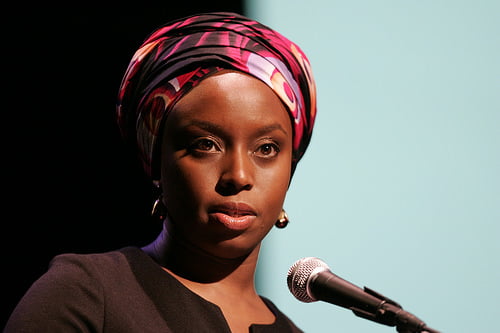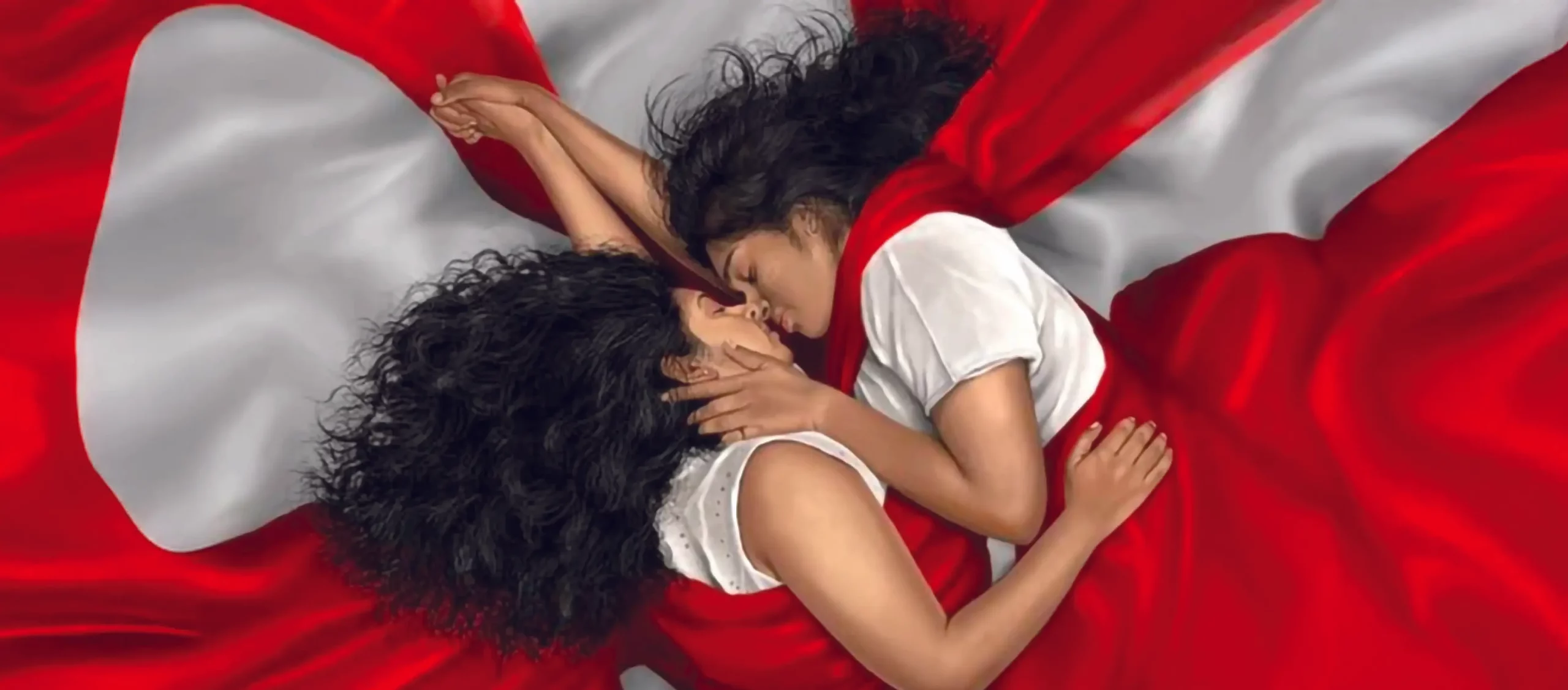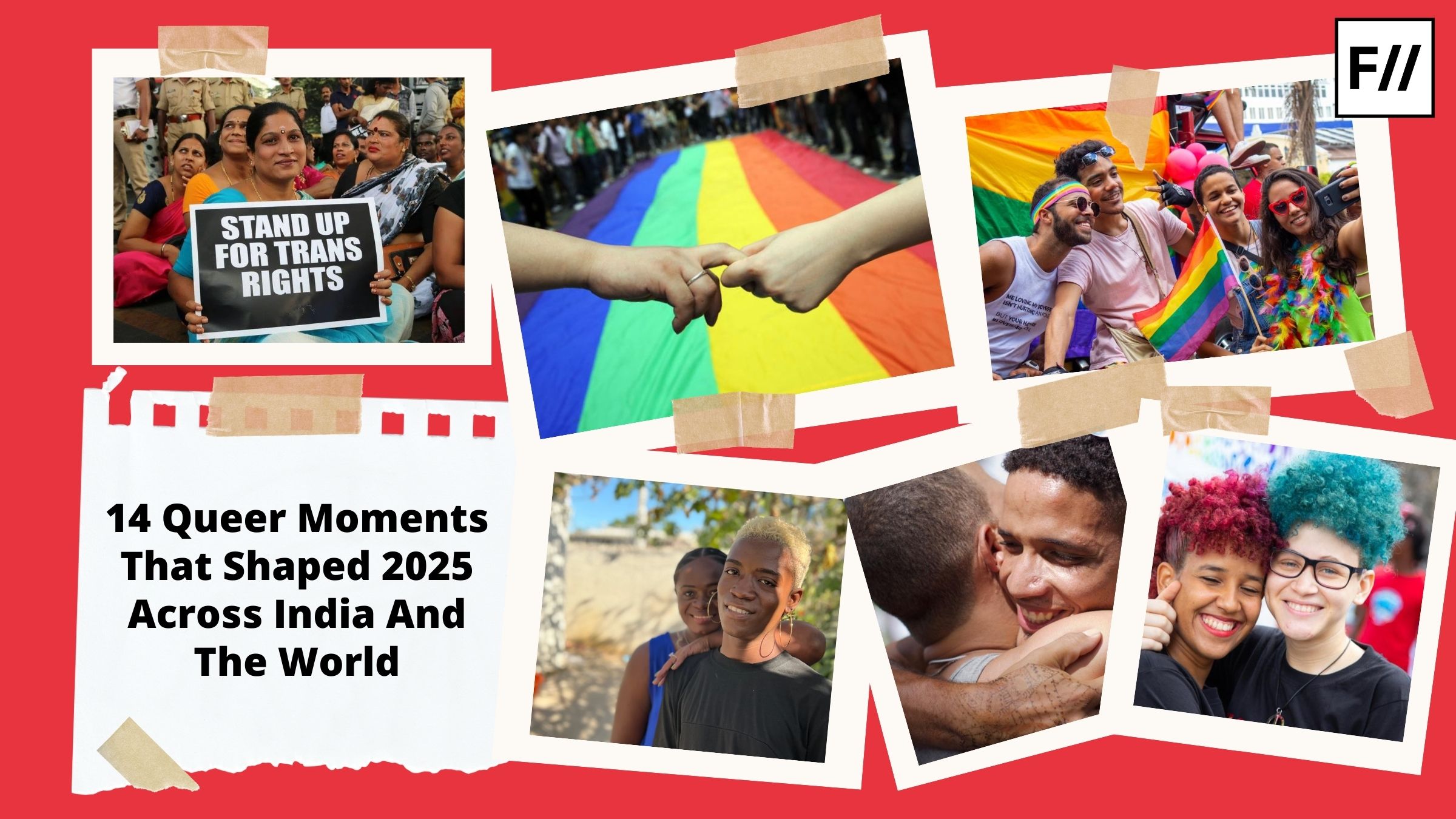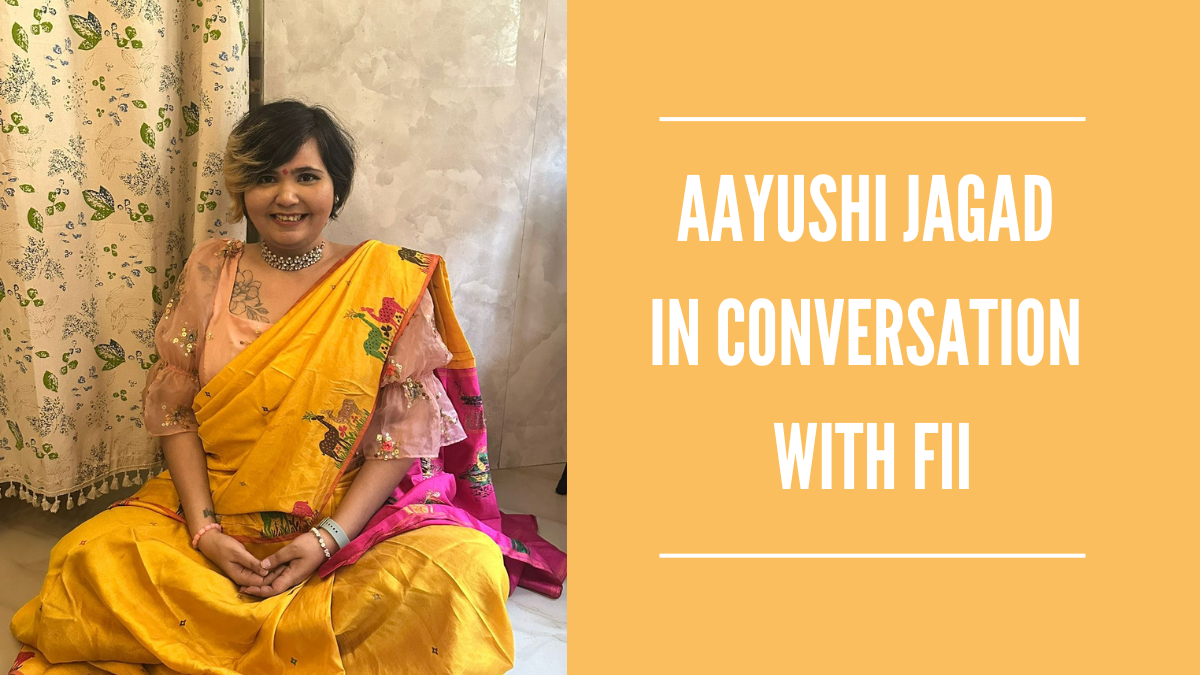Posted by Shabnam
Recently, Chimamanda Ngozi Adichie has been making the rounds on social media for her comments on trans women in an interview, in particular her assertion that “trans women are trans women.” In a video and a later Facebook post, she stated that gender is not about ‘feelings’ but “about the way the world treats us” and for this reason, trans women, who have allegedly ‘lived as men,’ have not experienced womanhood in the same way as cis women and so cannot claim it on the same terms.
Certainly the way the world treats us is a foundational aspect of how gender is experienced, but this is where Adichie misunderstands how gender is experienced by trans women (whether they use this terminology for themselves or not.) A false dichotomy is created between trans women’s ‘feelings’ and cis women’s ‘experiences,’ which a simple examination of how gender is enforced would reveal to be inaccurate. How does one learn what is ‘acceptable’ for a boy or girl except through repeated chastisement or punishment when one deviates? Likewise, how does one learn that one’s gender, as a trans girl or woman, should be sequestered from open expression and placed in the realm of ‘feelings’ except through shame and coercion? All of these are experiences.
Being forced to perform masculinity out of fear and violence is not a privilege. It is not a privilege to be forced to live in misery.
I experienced the socialisation of girlhood as a child when my playing with dolls was deemed inappropriate and they were taken from me, likewise when my grandfather replaced whatever he saw me reading with a book about car mechanics or ushered me out of the kitchen if he saw me cooking to go outside and perform more ‘appropriate’ manual labour. I experienced it through the clothes I was allowed to have and the way my hair was cut, regardless of my opinions on the matter. When these failed to substantially reform me, when the recognition came that there was something strange and incurable about “that boy,” I experienced it through the normalisation of misogyny and feminised labour in my day-to-day life. I was called upon to do domestic work around the house to an extent my brothers never were because I ‘knew’ how to do it properly same as my sisters apparently ‘intrinsically’ knew. When I wanted to go out with friends, my friendships and what I was planning to do were scrutinised to an extent my brothers’ never were — but similar to how my sisters’ were. I experienced the socialisation of girlhood at school when the boys (who I was largely forced to spend time with) read something feminine — and thus exploitable — in me and through the years of sexual harassment, affective labour and even rape that followed.
Similarly, I learnt that my words were not appreciated (nor my ‘girly voice’) and I had no right to say no. I was taught the ‘value’ of silence and to live in fear of contradicting other people or causing social embarrassment by setting boundaries, especially with men. My gender has been mapped out on the people I’ve known and in the way they’ve treated me, even when I didn’t fully understand it myself. Adichie speaks about how adult cis women struggle to overcome the misogynist socialisation they underwent as girls — they are not alone.
However, it ultimately doesn’t matter what my experiences were of misogyny growing up. It doesn’t matter whether I understood my gender as ‘girl’ from my earliest consciousness or whether I woke up yesterday and realised I was a woman. It doesn’t matter because the hue and cry about ‘male socialisation’ or ‘male privilege’ is an act of smoke and mirrors. The real question is not “are trans women patriarchal”, it’s “are trans women women” and the answer we’re given is “no.” There is no way this belief can be dressed up in feminist rhetoric that can disguise its underlying structural violence. Intentionally or not, it aligns itself with the worst of patriarchy that calls for the revocation of our human rights (such as they exist) and has seen, is seeing and will see us dead. If this seems an unreasonable burden to place on cis feminists who want to voice ‘doubts’ about trans women, imagine how much worse it is when it’s your life and safety on the line.
The liberation of some women can’t be achieved without the liberation of all women.
The truth is that trans women are not perfect. We are not born sinless and pristine and we do absorb patriarchal behaviours and beliefs — like every other woman. Of course there is room for critique of patriarchy among trans women. We must learn and unlearn too, but the conversation cannot and will not start with the conditional or partial acceptance of trans women’s womanhood. If the answer to ‘are trans women women’ is ‘yes’ though, suddenly we’re not quite as exceptional as we’re made out to be. A framework already exists to critique women who engage in patriarchal behaviours on an interpersonal level — internalised misogyny. This should be applied to trans women also. Likewise, it would be patently false to pretend there are not far, far more cis women in positions of far greater power whose alliance with patriarchy (and imperialism, and capitalism, and Brahminism, white supremacy etc. etc.) causes far more harm to other women than trans women ever could.
Trans women are not perfect. We do absorb patriarchal beliefs — like every other woman.
Where the ‘conversation’ actually begins, though, is on the assumption that cis women are the most authentic embodiment of womanhood and as the gatekeepers of such, can bestow or rescind it as they so wish. Womanhood is not a gift that anyone can grant: it is something every woman claims for herself or is forced to. Adichie does not have the right to say trans women have ‘switched’ genders or to refer to our pre-transition lives as ‘living as men’ — much of her discourse about trans women is based on clichéd misconceptions. How can I live in a body “not my own”? Whose else’s will it be? It is so frustrating and upsetting that such a basic concept is so widely dismissed when it comes to trans women — that gender is experienced coercively. Being forced to perform masculinity out of fear, violence, despair, the belief that there’s something wrong with you that you can somehow fix if you only try hard enough, is not a privilege. It is not a privilege to be forced to live in misery.
Even if Adichie’s claim were true that pre-transition we revel in ‘male privilege,’ the act of transition (for those who can/want to pursue it) is a shattering blow. Mass unemployment (or over-employment in sex work and begging — labour that often lacks basic legal protections available to other professions), ostracism, sexual abuse, structural discrimination at all levels (even down to which shelters we can access to escape domestic abuse and rape) and, of course, our murders are the legacy of transition. It necessitates a radical reassessment of your relation to other people; it has changed me profoundly. When I walk outside, my body is judged and criticised, like cis women’s, but on top of this, I face the visceral anger of men who will not accept I have a right to exist. It is terrifying every day. These ‘feelings’ as Adichie and others put it so dismissively are more than just a tragic story — they are the consequence of violence and of misogyny. They are a feminist issue because trans women are women. It is no more complicated than that.
If there Is no universal experience of womanhood, then why IS only trans women’s womanhood singled out for interrogation?
Are cis women and trans women exactly alike in every way? No, of course not. On this, Adichie and I agree. But what does this mean? If there is no universal experience of womanhood, then why is only trans women’s womanhood singled out for interrogation here? And who said trans women and cis women are ‘the same’ — why do we need to be for our womanhood to be as real as yours? How does the stating of one group of women’s womanhood take away from another’s? Cis womanhood is not so weak that trans women’s reclamation of our own womanhood, ours, will lessen it or prevent cis women from discussing abortion or menstruation, as is so frequently claimed. If “diversity does not have to mean division”, then why must trans women be divided from other women?
The expansion of feminism (or feminisms, as Adichie says) to include the struggles of women even further on the margins — Dalit women, female sex workers, Black women, working-class women etc. — is only a positive sign of the potential for new alliances. Such movements are always led by the oppressed themselves, who demand, as trans women are demanding, to be listened to and taken seriously. The liberation of some women can’t be achieved without the liberation of all women and cis women do themselves a disservice to deny a shared relationship with other women who desire the destruction of patriarchy just as badly. Trans women don’t always have to be situated as protégées to superior cis feminisms which already have all the answers — who knows, we might even have things of our own to say.
Shabnam is between things right now.
About the author(s)
Guest Writers are writers who occasionally write on FII.





This is a very well written and powerful piece. I’ve struggled explaining to cisgender women that if their feminism doesn’t include liberation of trans women, it’s pointless. You’ve put it articulately and now I’m going to show it to everyone I meet if they even try and exclude or dismiss trans women experiences.
Thank you!